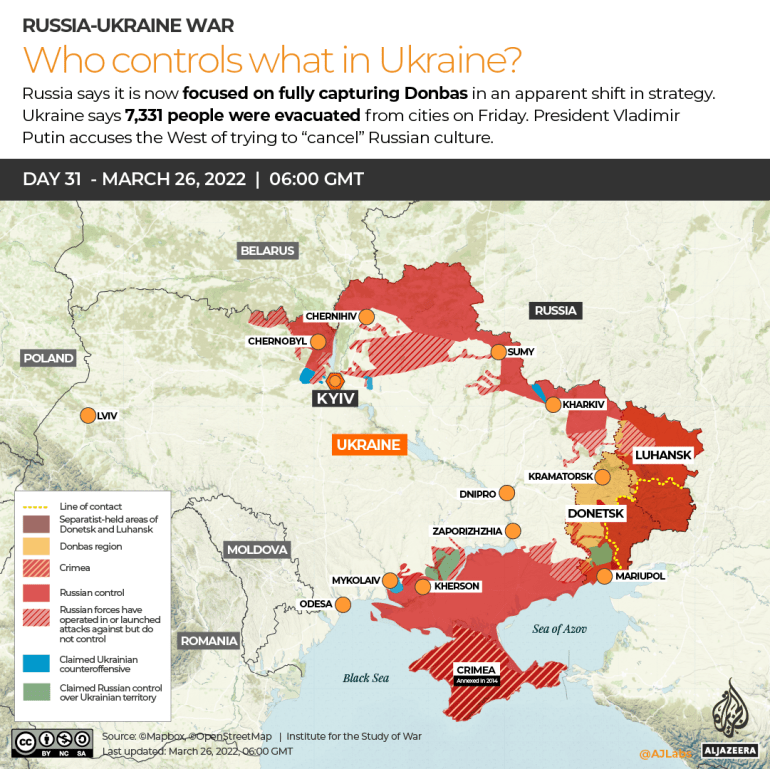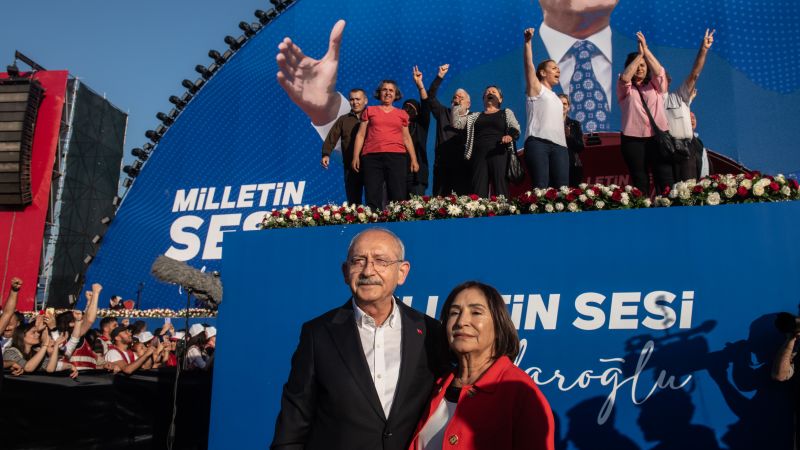Transforming for a new era: Inside Doha Forum 2022
The two-day meeting hosts a number of discussions on international relations, economic development, climate change, and security.
The 20th edition of the Doha Forum, which kicked off at the Sheraton Hotel in the Qatari capital, is the biggest global platform that brings together policy leaders to discuss critical challenges facing the world, promote the interchange of ideas, and action-oriented recommendations.
Under the title Transforming for a New Era, the two-day forum will host a number of discussions centred around geopolitical alliances and international relations; the financial system and economic development; defence, cybersecurity, and food security; and sustainability and climate change.
In his opening address, Emir Sheikh Tamim bin Hamad Al Thani spoke about the need for the global community to reimagine a new world order.
“The new age we dream of – and one I personally work for – is the era of peace, security, and coexistence for all,” he said. “[It is] the era of social justice, the era where all people can access their basic needs, education, health, water resources and live with dignity where they can fulfil themselves and exercise their lifestyle and culture.”
Russia’s war on Ukraine, Sheikh Tamim went on to say, reveals beyond any doubt that the formulas upon which the international order was based in the aftermath of World War II and after the end of the Cold War are changing.
“It is incumbent upon all of us, especially the major countries, to take a serious stance to determine the future of the international order,” he said, adding Qatar has chosen the path of rational dialogue and mediation.
His address came after the introductory speech by renowned media personality and event host Ghida Fakhry, who also stressed the importance of genuine dialogue, diplomacy, and having an “unwavering system of accountability and justice”.
“If the last two years have taught us anything, it is just how mutually interdependent our lives have truly become,” she said. “But also how fragile our ecosystem remains, how tenuous our global security mechanisms still are.”
Zelenskyy addresses forum
A number of heads of state and government, politicians, parliamentarians, analysts, and media representatives are participating in the forum, which reconvened after being held virtually in the past two years due to the coronavirus pandemic.
Ukrainian President Volodymyr Zelenskyy delivered a speech via video link, in which he stressed in order for Russia to stop its attack, Moscow must be isolated on the international stage.
Al Jazeera’s Jamal Elshayyal, reporting from Doha, said Zelenskyy’s speech was different in the sense that it targeted a new audience sector.
“On the one hand, he highlighted Qatar’s role not just in terms of conflict resolution but more significantly its position in the global energy market and its ability to supply to Europe in terms of gas as a consequence to any European countries agreeing to boycott Russian imports of gas,” Elshayyal said.
“The other change in tone was his insistence in highlighting the fact that Ukraine’s Muslim community is also resisting the Russian invasion. His hope was that the holy month of Ramadan [less than a week away] would come during peaceful times.”

Forum sessions
The forum includes many important sessions that discuss current issues in the world.
The Transitioning to a New Era session will discuss the shock faced by the global economy during the coronavirus pandemic, which necessitated the need for leaders and policymakers to come together to develop political innovations aimed at saving most lives and avoiding permanent damage.
In a related vein, the Reimagining Business Models in the Post-Pandemic Era session will explore how world leaders are rethinking urban planning and implementing policies that lead to sustainable urban growth, circular economies, and resilient societies in the long term, making cities the focus of solutions.
As for the Climate Dialogue: Finance session, the discourse will revolve around more than $3 trillion to mitigate the effects of global warming, especially on the poorest and most vulnerable communities.




